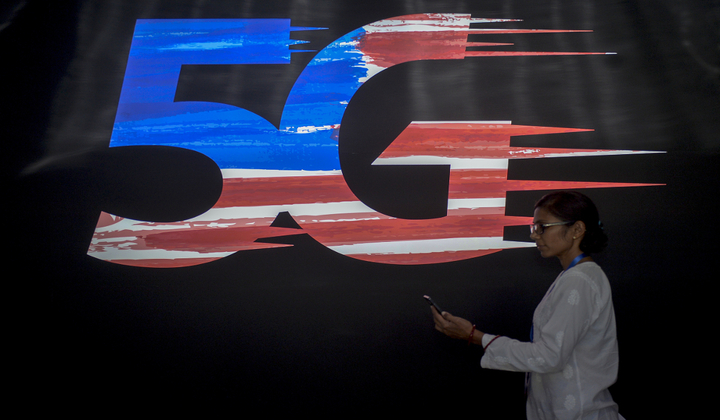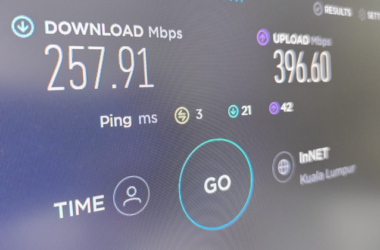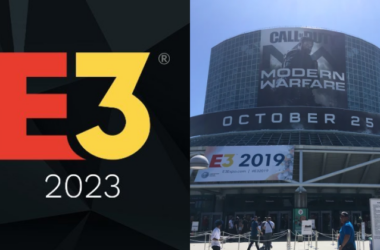Previously, we reported that the government is setting up a task force to oversee the implementation and shift towards a dual network 5G system, in addition to monitoring the overall framework. The task force will also ensure that Digital Nasional Berhad (DNB) achieves 80% coverage of its 5G network. Once that goal is achieved, the government plans to continue using DNB 5G network.
Malay Mail reports that DNB will continue to operate as one of Malaysia’s two 5G networks when the country transitions to dual network operations. Communications and Digital Minister, Fahmi Fadzil said the decision aligns with DNB’s mission to accelerate the implementation of 5G across the nation. DNB has already developed the 5G network in 59.5% of populated areas as of April this year.
By early next year, a second entity will be established to develop the second 5G network in Malaysia. The target is for DNB’s network to achieve 80% coverage by the end of this year, while the second network will gradually reach the same coverage within approximately two years.
Fahmi added that the government will not have any ownership in the new entity and has no intention of getting involved. Introducing a second 5G network through this new entity, alongside the shift from a single wholesale network (SWN) to a dual network, is not expected to negatively impact consumers.
He says the government and telecommunication companies are jointly committed to ensuring favourable package prices and service quality for consumers. The government, through the Malaysian Communications and Multimedia Commission (MCMC), has the authority to address any issues related to dominance, unhealthy competition, or breach of service quality, and can impose penalties if necessary.
The creation of a dual network involving two entities will not lead to increased wholesale costs for telecommunication companies. The wholesale costs per gigabyte will remain the same, which is crucial for determining the package prices offered to consumers. The Malaysian Communications and Multimedia Commission (MCMC) has the necessary tools, such as the Mandatory Standard on Access Pricing (MSAP), to set a ceiling price for wholesale, as demonstrated in the recent implementation for high-speed broadband.
Fahmi also stated that challenges in 5G deployment include coordination issues with local authorities (PBT) throughout the country. Some PBTs impose various fees, up to 14 types in certain areas, which can increase costs. The government has established a task force to address these challenges and aims to improve cost efficiency through better management. The task force will also learn from the success of the National Digital Network Plan Initiative (Jendela).
The minister emphasised that the government remains committed to prioritising security in all aspects of the 5G network launch. National security and sovereignty are given significant emphasis during the evaluation of different implementation models, business contracts, and related issues.










